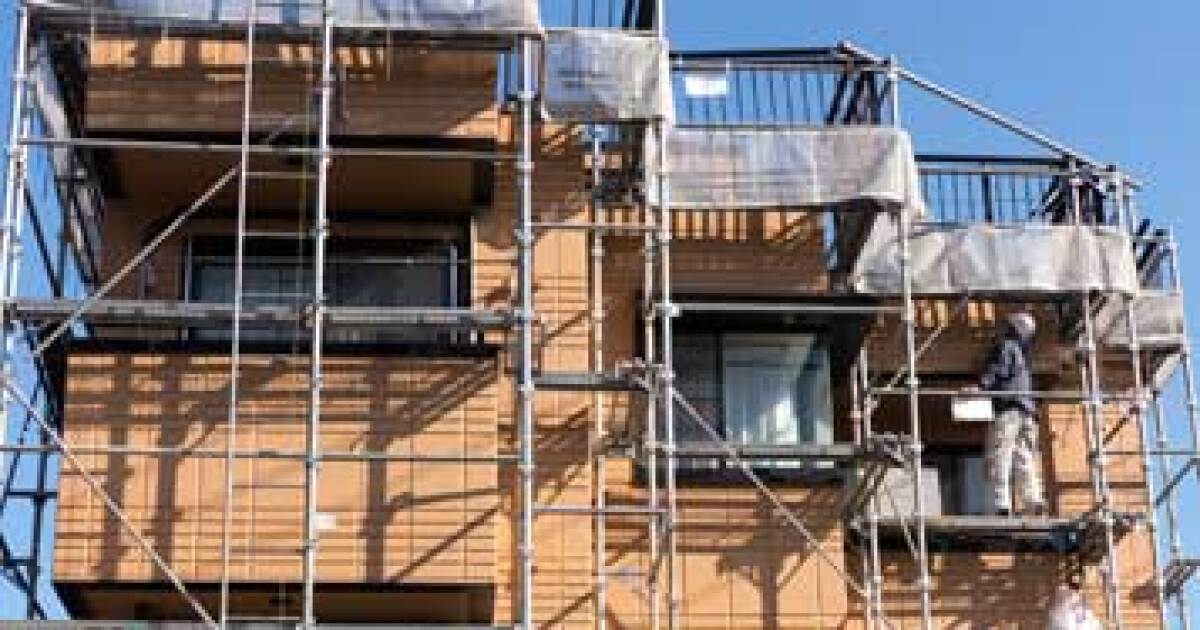
Multifamily construction starts fell to less than half of typical recent norms during the second quarter and will likely cause rents to rise over the next two years, a report said.
New starts slowed to 30,800 in 15 core markets across the U.S., according to commercial real estate services firm Institutional Property Advisors, a division of Marcus & Millichap. The number came in 52% lower than the quarterly average of 64,200 based on the previous nine quarters dating back to early 2021. Second-quarter start volume also dropped by 62% year over year from 81,500, which represented the highest volume since 2021.
The 15 markets tracked account for close to half of all total multifamily construction pipeline nationwide.
The steep decline was not entirely unexpected but was exacerbated by recent developments in the financial industry, as tighter access to credit and capital contributed to the slowdown.
"The largest banks were generally targeting less substantial capital allocations for real estate early in 2023; likewise, many smaller banks made strategy adjustments when a handful of regional lenders failed during the spring," the authors of the report wrote.
Financing for new apartment constructions encountered additional headwinds as rent growth also slowed and insurance costs headed higher. In its second-quarter commercial originations survey, the Mortgage Bankers Association found multifamily loan production overall down by 48% from a year earlier.
With the pace of building leveling off, new multifamily deliveries will likely begin to decrease in early 2025 and fall even further in the second half of the year, Institutional Property Advisors said. As a result, rent growth will likely accelerate as soon as spring 2024 and continue over the next 18 months.
Three Texas markets experienced the sharpest fall off in new starts in early 2023 from the prior nine-quarter average. Houston saw a 79% decline in the second quarter to 1,100 from 5,280, while Austin recorded a 74% drop to 1,400 from 5,470. Meanwhile, Dallas-Fort Worth's numbers slid down 67% to 3,240 from 9,890.
"It's perhaps surprising to see that level of deceleration in the Texas markets, as the Lone Star
State's key metros are still leaders for job production and apartment demand," the report said.
The decrease in construction, though, likely means the three cities are poised for a surge in rent-price growth. In Dallas-Fort Worth and Houston, new apartment supply is also spread out across a wider swath, rather than concentrated in a few communities as it had been in the past.
Recent research from CoreLogic found the rate of rent-price increases nationwide had fallen back close to pre-pandemic levels earlier this summer after surging in 2022.
Other markets where building starts dropped off at a greater pace than the national average during the second quarter were Philadelphia, Denver and Washington, at 66%, 62% and 57%, respectively.
Among the 15 metropolitan areas covered by the report, the Raleigh-Durham market in North Carolina reported the only growth in the number of apartment dwellings breaking new ground, with volume rising almost 5% to 3,490 from an average of 3,330 during the previous nine quarters.



